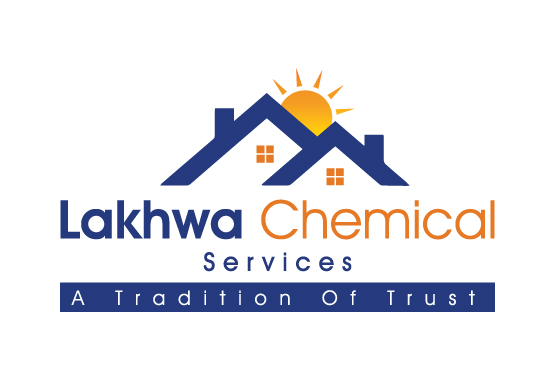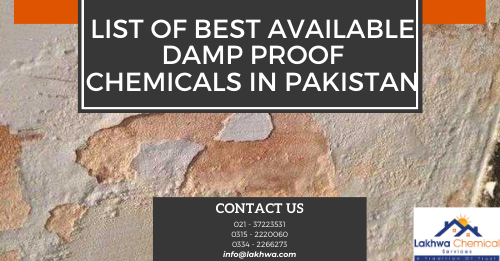List of best available damp proof chemicals in Pakistan
It has been understood from time and again that people are completely fed up with damped walls. It’s vital to go one step further and learning the basics of chemical-based treatment through damp proof chemicals in Pakistan.
There are quite a few chemicals used to control the dampness over a concrete surface, and we have listed some of the highly popular ones which are available in the Pakistani market.
Cementitious damp proof chemicals
It’s worthy to mention that chemicals are easily distinguishing as 2-component and 1-component, and then there are membrane sheet materials.
As for 2-component, they are also known as cementitious damp proof chemicals which are mixed with cement.
Below are some of the best available cementitious damp proof chemicals in Pakistan available for both residential as well as commercial use.
Elastomeric
The chemical name itself is popular when looking to have a solid treatment of wall dampness in Pakistan.
That’s why elastomeric is a chemical of great potential and has been used countless times for leakage and seepage control in Pakistan.
Elastomeric is a polymer-based chemical that is mixed with the cement, either black or white, and then applied over the surface.
The application of elastomer chemicals is performed like paintwork, only that the chemical is mixed with cement, and cement is applied over the affected surface.
Read More
Different types of bathroom construction cost in Pakistan
How much roof grip membrane cost in Pakistan?
How to treat dampness in internal walls?
Acrylic
One of the highly effective as well as cheap form of damp proof chemicals in Pakistan is none other than acrylic chemical.
Similarly, as elastomeric, acrylic is made from a polymer that is used to counter the leakage and seepage over the affected surface, especially when the surface is made from concrete.
The thing which needs to be properly looked after is the ratio of chemical mixed with the cement to form 2-component chemicals that work to secure the water-based damage over your surface.
SBR
Known as Styrene-Butadiene Rubber (SBR) is best applied during the construction phase, while the pouring of concrete is being carried out.
The chemical comes in great quantity and is handled when it’s within the foundation of the construction.
Although the chemical nature, it doesn’t work on its own but need to be mixed with cement or concrete to get the effect it’s tends to perform.
Another important element to look after is the effect if SBR is more effective but usually used in the construction of large buildings or commercial sector.
Oil-based
After talking in-length about the 2-component damp proof chemicals in Pakistan, another chemical comes in assistance which is applied without any cement involvement, known as oil-based chemicals.
There is only one form of chemicals in this department but is further categorized into 2 forms based on the requirement of customers known as hot and cold bitumen.
Read More
Understanding the expansion joint treatment specification in Pakistan
7 Benefits of chemicals based on underground water tank repair work
Different overhead water tank types where waterproofing works
Cold Bitumen
Bitumen as a component is also known as asphalt, which most of the times is applied over the road during the carpeting work.
Cold bitumen gains tremendous popularity as damp-proof chemicals since there’s no heat involved in the process, while the result is also quite effective.
Simply opening the bucket and applying using the brush over the damped walls will ensure that leakage and seepage over the walls are resisted.
Hot Bitumen
Hot bitumen is the classic asphalt that is applied after boiling it at 250 C or more. Once the material is completely becoming in liquid form, it is applied over the affected surface to obtain excellent dampness protection.
Hot bitumen is more popular for roof waterproofing and as damp-proof chemicals to counter the leakage and seepage through the ceiling area.
Membrane-based
Lastly, we have only one form of membrane-based waterproofing material known as bitumen membrane sheets.
These are not considered one of the damp proof chemicals in Pakistan, but it’s popular in fixing the leakage and seepage over homes, especially if the surface is also heavily damaged in the form of small or medium-sized cracks.
Want to learn more about the best damp proof chemicals in Pakistan for application?
People need a sort of protection from dampness over walls, especially with a solution that doesn’t involve breakage of any sort.
If that’s the solution you are looking to have for your home, simply contact LCS waterproofing solution and we’ll get into motion to provide a solid waterproofing solution for your home.




I am facing issues with my home walls (inner side) like seem or numy in walls. please suggest me solution of this.
Thanks